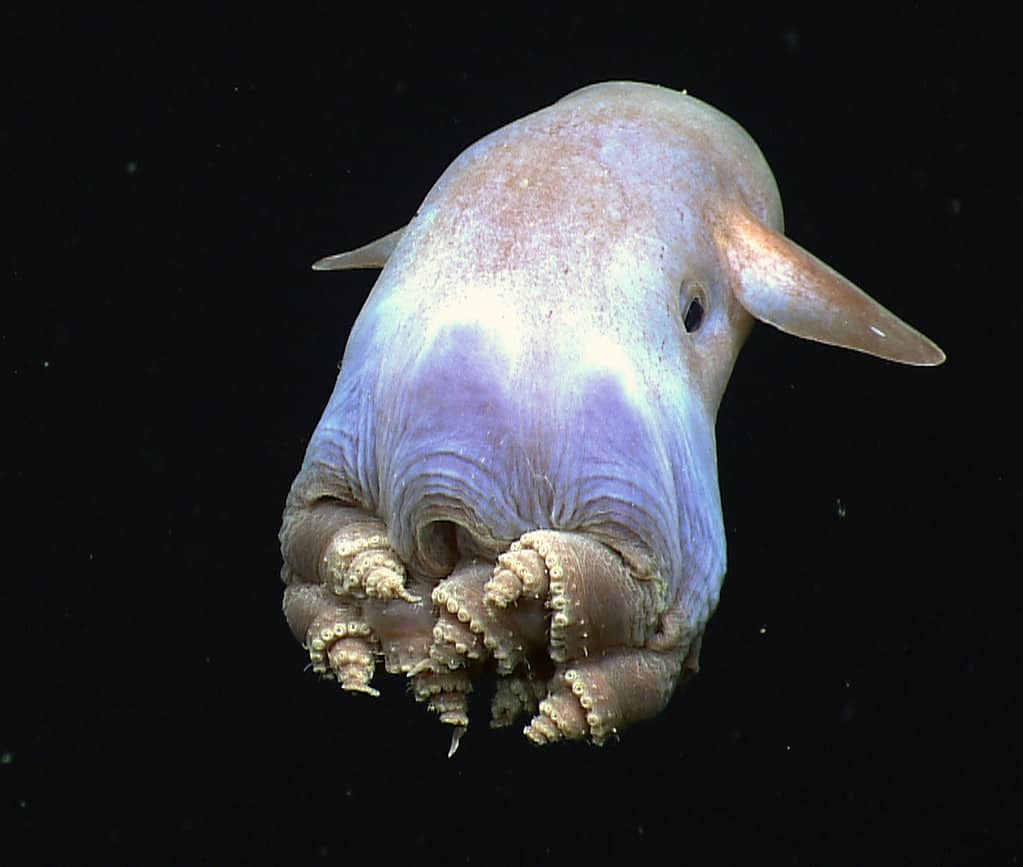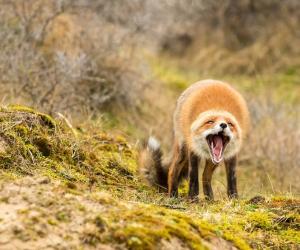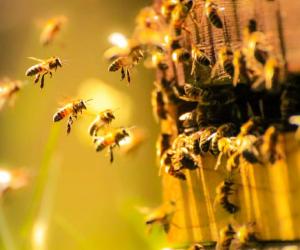Super Rare Dumbo Octopus Captured on Camera on a Deep Ocean Dive
Reading the title of this post, you might assume we are making fun of an octopus by calling it dumb. However, we can assure you that there are octopus out there with the name dumbo octopus! If you’re wondering if it has any correlation to the beloved Disney class “Dumbo,” the elephant with big ears, you would be right!
Dumbo Octopus Sighting Near Hawaii
The next YouTube video posted at the bottom of this blog post takes us to sea near . This video was shared by ABC News. This news channel is a reliable source to provide both breaking national and world news. This video was shared late last month and has already received more than 18,000 views. They share a short description of what happens in this video below.
“CAUSING A FLAP: U.S. Scientists spotted a rare ‘Dumbo’ octopus during a deep-sea research dive done. The creature is so named because of the flapping fins on the side of its head that resemble the animated character.”
Dumbo Octopus on a Deep Ocean Dive

©NOAA Okeanos Explorer, Public domain –
At the start of this video, we see a beautiful white-looking (Grimpoteuthis). A group of scientists on this deep ocean dive have encountered this on their deep-sea camera. The reason for the deep-sea dive for these scientists is because the dumbo octopus lives about .
We hear a scientist comment, “It’s a serene experience to see it swimming.”
The other scientists remark about another dumbo octopus they had come across; however, it was being eaten by another sea animal. And that they were happy to see this one as a “healthy living swimming one.”
For the remainder of the video, we see the octopus swimming around very gracefully. And the scientists enjoy their ability to study and watch it.
How Many Species of Octopus Are There?
Octopus (Octopus vulgaris) are unique sea creatures that come in various sizes, habitats, prey, and predators. There are . Now, if you’re wondering out of the 300 species just how many octopuses there are in total, we’re afraid you will be disappointed because there is . But we do know that they are in abundance! Their conservation status is of the .









